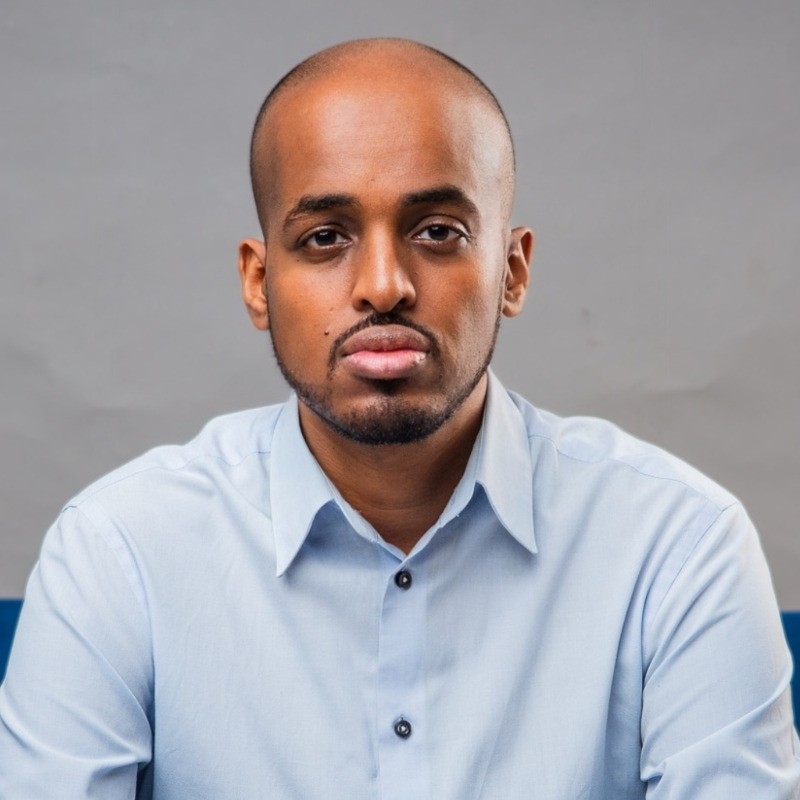There is an invisible, 3.5 trillion dollar tax silently eroding performance in our workplaces, schools, and entire economies.
It drives absenteeism, stifles innovation, and causes our most promising to fail. Mohamed Ali Dini named this invisible drag The Trauma Tax and proved that healing it unleashes both our potential and our prosperity.
At nine years old he fled Somalia’s civil war; years later he returned to build jobs programs for young people navigating conflict and poverty in Somalia. There, he saw firsthand how trauma rewires the human brain for survival, making it nearly impossible for talented people to seize opportunity. As founder of Iftin Global, he pioneered a model
that integrates healing directly into economic programs, delivering unprecedented results: an 83% reduction in depression, 98% job retention rates, and proof that healing is a powerful economic strategy. Mohamed’s breakthrough framework gives leaders, communities and governments a practical process to diagnose the Trauma Tax, implement evidence-based healing interventions, and track the resulting healing dividend. His research shows a $4.70 return for every dollar spent on trauma healing—proving that the most compassionate investment is also the most profitable one for the two billion people who live in communities touched by violence.
Featured in The New York Times, TIME, and The Guardian—with appearances on CNN and BBC—Mohamed has become a definitive voice on trauma’s economic impact. A McNulty Prize winner, Aspen Institute Fellow, and BMW Foundation Responsible Leader, his TED Talk has crossed one million views, while his writing, interviews, and keynotes reach millions globally. His work continues to inform leaders across sectors —from corporations to civil society and government. He is currently writing Ending The Trauma Tax: Why Healing Minds is the Key to Building Economies. Through his book and newsletter, he provides leaders with the framework to unlock human potential and build a more prosperous, resilient world.

